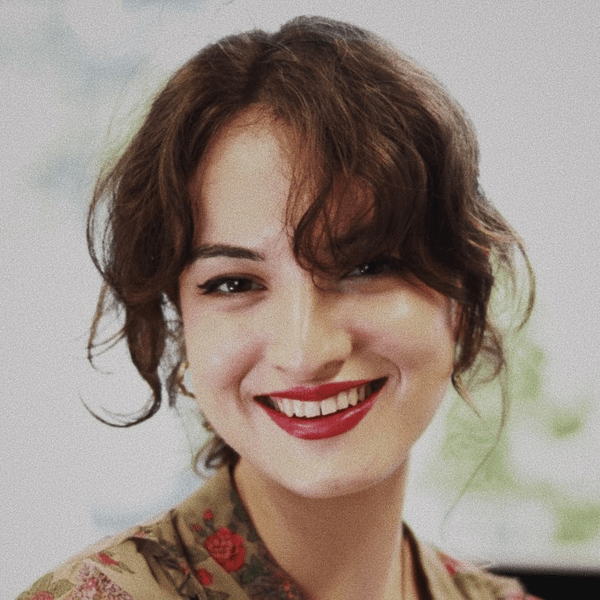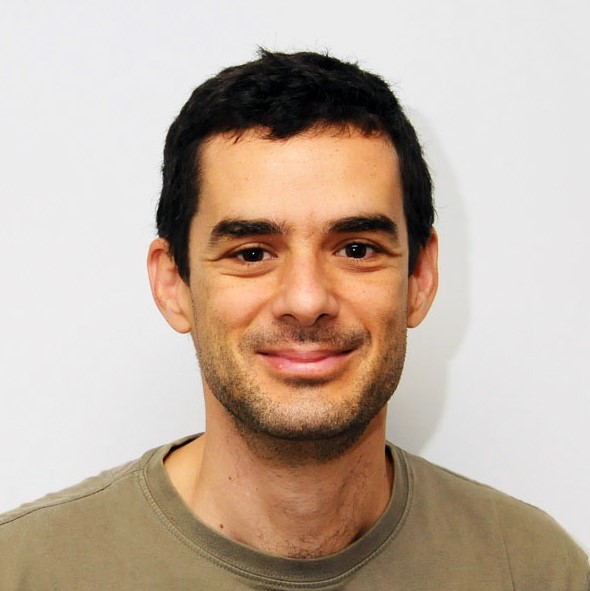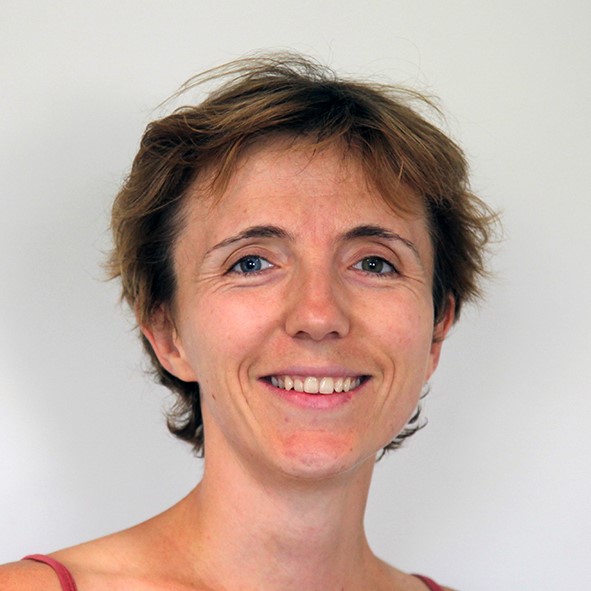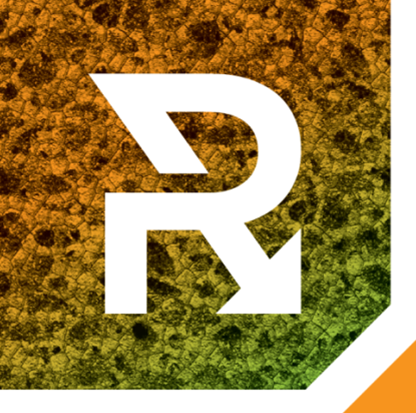ENS de Lyon, France
Project description
For regeneration to occur, an injury must be sensed and the wound must be closed before new tissues can be re-made. The goal of our project is to explore the mechanisms of these early events, following a severe injury.
In particular, we aim to address two questions:
1) How is the injury sensed? Which are earliest responses triggered at the wound site?
2) How do these early sensors connect with later events in wound healing and regeneration?
We investigate these questions in a new experimental system, the marine crustacean Parhyale hawaiensis. These animals are able to regenerate their appendages very efficiently after a severe injury. Our team, at the Institut de Génomique Fonctionnelle de Lyon (IGFL), has developed transgenic approaches that allow us to visualise cells and molecular processes live during the course of regeneration, using fluorescent markers, and to manipulate these using genetic tools.
Our study will focus on the role of nerves and immune cells in the initial responses to injury, and the potential role of ROS signalling in conveying these early injury signals to trigger regeneration.
Doctoral Candidate
Azra Atabay
Hi, I’m Azra Atabay. I graduated with a Bachelor’s in Molecular Biology and Genetics from Bilkent University, Turkey, in 2019. I then pursued a Master’s in Regenerative Biology and Medicine at Center for Regenerative Therapies TU Dresden (CRTD) in Germany, initially focusing on nervous system regeneration and genetic dynamics in tissue formation. My studies led me to explore the potential for enhancing genetic manipulation systems to achieve greater efficiency and applicability across various model organisms, thus redirecting my interest to DNA nanotechnology. I conducted my thesis on ‘Building a DNA Origami-Cas9 nanodevice for gene editing’ at the Institute of Polymerforschung (IPF) Dresden in Dr. Elisha Krieg’s lab and graduated in April 2022. I’m fascinated by the varying regenerative abilities across the animal kingdom, which motivated me to study the fundamental mechanisms underlying regeneration. I’m part of Project 3 at the Institut de Génomique Fonctionnelle de Lyon (IGFL), of the CNRS and the École Normale Supérieure de Lyon, working with Dr. Michalis Averof and Dr. Mathilde Paris, where I will investigate endogenous and environmental signals influencing injury sensing and regenerative responses in leg regeneration of the crustacean Parhyale hawaiensis. Beyond my scientific pursuits, I have a keen interest in hominid evolution, Greek and Egyptian archaeology, Anatolian mythology, and enjoy visiting museums to admire post-impressionist and modern abstract art paintings.

Principal Investigator
Michalis Averof, PhD
CNRS researcher and group leader
ORCID: 0000-0002-6803-7251
E-mail: michalis.averof@ens-lyon.fr

Mathilde Paris, PhD
CNRS researcher
ORCID: 0000-0001-6166-6672
Email: mathilde.paris@ens-lyon.fr

The Host Team
The team is part of the Institut de Génomique Fonctionnelle de Lyon (IGFL), a laboratory of the CNRS and the École Normale Supérieure de Lyon, interested in the interfaces of animal development, physiology and evolution. The Averof team has a long-standing interest in the evolution of development, and has pioneering functional genetics approaches in emerging model organisms to study the evolution of development and the origin of evolutionary novelties. In recent years the team has established the crustacean Parhyale hawaiensis as a model for studying regeneration using genetics, live imaging and single-cell genomics/transcriptomics approaches. Our lab attracts people from all over the world, currently including scientists from France, Spain, Scotland and Greece. The lab’s working language is English.
